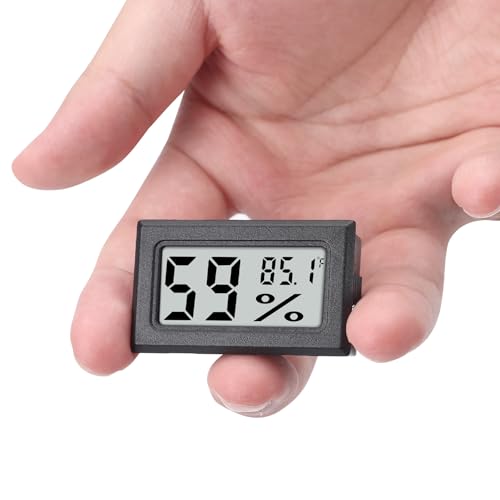Everyone is familiar with the function of air purifiers and humidifiers, but the hybrid capacity of an air washer might leave some a bit mystified. How can a single appliance humidify the air while also removing the pollutants? It's an interesting question, with an even more interesting answer. We've done the research and have that answer for you.
An air washer works by suctioning in the polluted air, purifying it, and then releasing the healthy air back into the room with the added humidity. Inside the air washer, all the particles are cleaned from the air while the water inside creates the humidity.
Now that you know the basic principle of how an air washer works, let's discuss this handy appliance in more detail. We'll go over cleaning tips, interesting facts, and expand your knowledge on these applianes. We'll discuss some additional questions you might have as well. Keep reading!
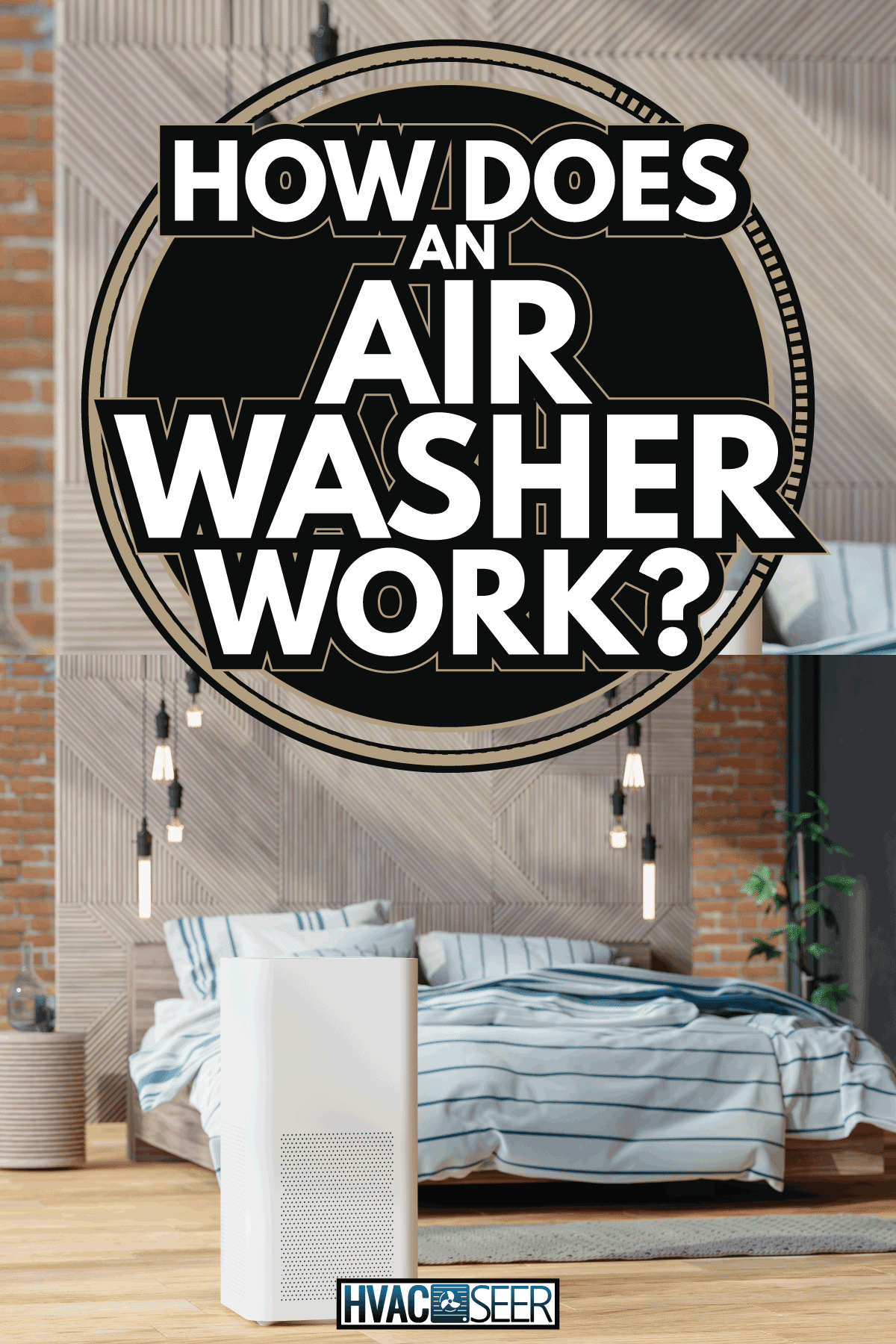
What Happens Inside An Air Washer While it's Working?
Air washers really are a great concept, and the way they operate might seem almost too simple. The air washer humidifies the air with basic evaporation. Inside are metal plates, often referred to as discs, that rotate in a circular pattern, similar to a water mill. The air is moved over these plates, capturing water particles picked up from the tub of water underneath.
A less common type of air washer has an air filter that filters the air prior to it being humidified and releasing a fine mist into the air. The more traditional air washer is preferable, considering there aren't extra parts involved to purchase and replace.
Not only does this release humidity into the air, but the discs also trap any bacteria, dirt, or allergens removed from the air. Since these particles we can't evaporate, only clean, pure, humidified air exists in the air washer.
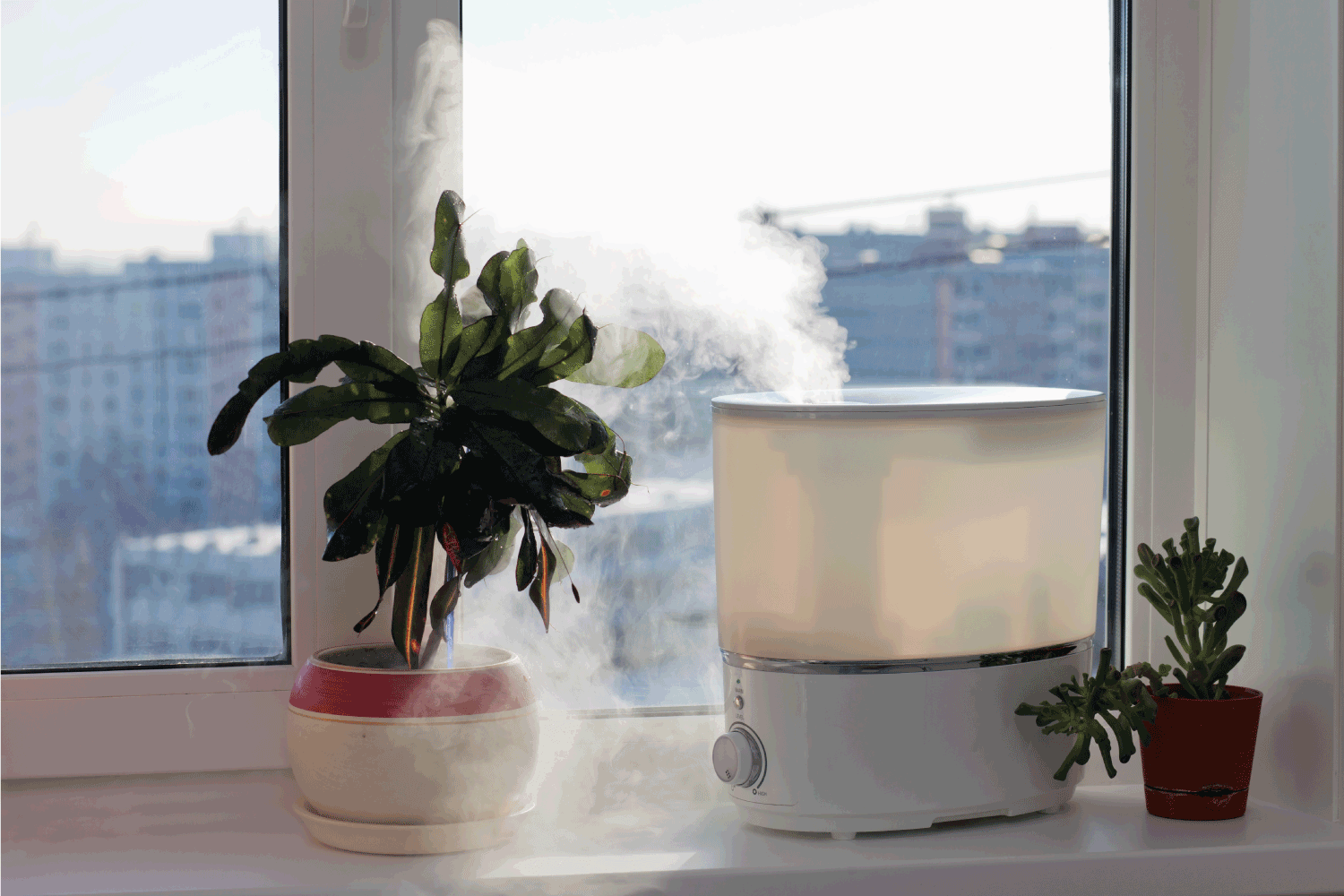
What is the difference between an air purifier and an air washer?
Air purifiers work by suctioning in allergens, dirt, and bacteria and running them through an extremely fine mesh filter, releasing clean air back out into the room. As discussed above, an air washer purifies and humidifies the air.
If you're torn between which is best, consider your environment. Do you have dry skin or frequent nose bleeds? Does your heater run more than the air conditioner? Lots of heat will dry out your skin and nasal membranes. If this seems like you, an air washer could be your answer.
Want to learn more about Dyson Air Purifiers and what they do? We have a post about that.
How Much Humidity Should a Home Have and Why?
People are most comfortable when the humidity in the room is around 40%-60%. The more heat in a home, the dryer the air will be because the heat forces moisture out of the air. An advantage of having a top-of-line air washer means you'll have a way to measure humidity in the air, as these appliances often come with a device called a hygrometer as a feature.
If your air washer doesn't come with one, or you're curious about the humidity in your home, you can purchase a hygrometer fairly inexpensively.
View this hygrometer on Amazon.
Do you need a humidifier in the Summer? Read our post about that.
Not only does humidity help our skin from being too dry, but it also helps our immune system! An ideal level of humidity can stop the spread of viruses and bacteria in the air. Most people spend a large percentage of their time indoors, so healthy indoor air quality is important to overall well-being.
How is air washer capacity calculated?
Air washer capacity refers to the area of a room it can purify and subsequently humidify. Cubic feet per minute (CFM) is the most common way that airflow is measured. By knowing the CFM, it can be determined how many cubic feet of air can be moved each minute.
CFM is calculated by dividing the volume of a room by the number of minutes in which the air in the room needs to be exchanged. In a home, that's generally every 5-10 minutes.
Volume is found by multiplying the length by height by width of a room. For example, if your room is 1,000 cubic feet and you want the air replaced every 5 minutes, you'd need an air washer with a 200 CFM capacity (1000/5=200)
What is the best air washer?
There are many excellent air washers to choose from. We all want to know we're getting a good deal on something that also works well. The best air washer in comparison to cost is the Venta LW15 Airwasher.
View this air washer on Amazon.
Venta's air washer is filterless, so no messy filters to replace or handle, not to mention the amount of money saved. This machine is quiet and unassuming, so a homeowner can easily forget it's even there.
Using this model is straightforward, and the discs inside are simple to clean. You will have to add water to the humidifier routinely, but the machine does turn itself off when it's out of water, so no worries about it burning up due to lack of water.
How Much is an Air Washer?
Air washers can be anywhere from around $50 for a small appliance (designed mainly to be used in small bedrooms) to several hundred dollars depending on the brand, capacity, and functionality. Though it might seem pricey, it's generally going to be much less expensive to have one appliance do the work of two. Not to mention there will be much less clutter in your living space.
Does an air washer need to be cleaned?
An air washer needs to be cleaned regularly to ensure longevity and high performance. Many brands instruct the user to use a cleaning solution the manufacturer recommends and/or sells.
But wiping down the exterior and interior workings with a 1 to 1 vinegar solution can keep any build-up from occurring. This ensures your investment stays in tip-top shape, as well as the health of your family.
How does an industrial air washer work?
Most industrial air washers use air filters to filter out the dust, dirt, and allergens from the air before adding humidity. These units are generally made of metal with a centrifugal fan generating high-pressure air.
Not only do they purify and humidify the air, but they also have a water circulating pump that sprinkles water on cellulose pads to cool the incoming hot air. An industrial air washer can sometimes have a capacity of up to 100,000 CFM, so they are ideal for very large spaces.
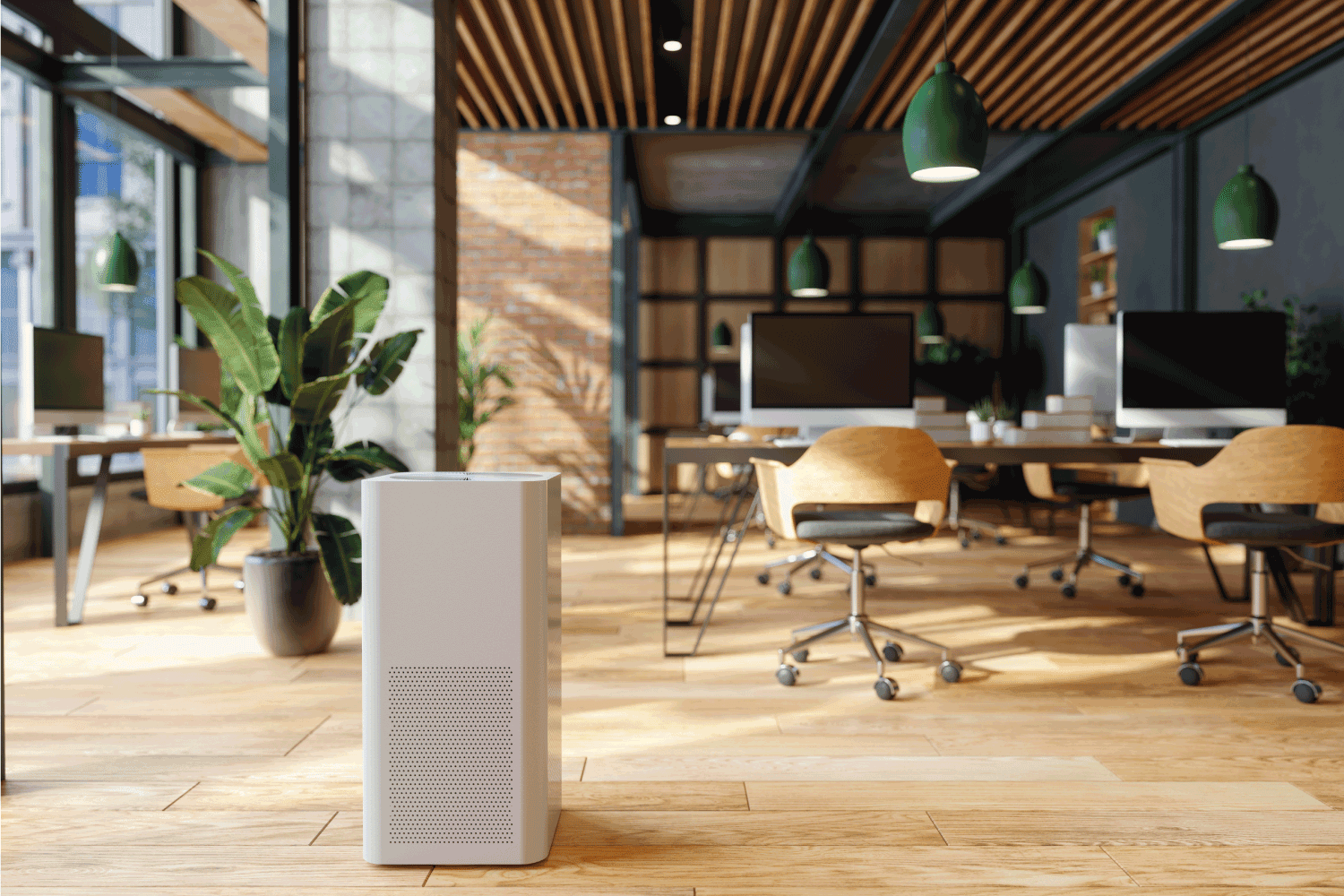
As you can see, the industrial air washer works in much the same way as a household air washer, just with the additional cooling element and a much larger scale.
Will an air washer smell strange?
You might worry about an odd smell being put out by the air washer as it operates and humidifies the air. Though humid air does have its own unique scent, think of the air outside after a good rain, it isn't unpleasant. Many air washers can actually be used with scents, similar to essential oils, to help the air be healthier and smell great.
View this air washer on Amazon.
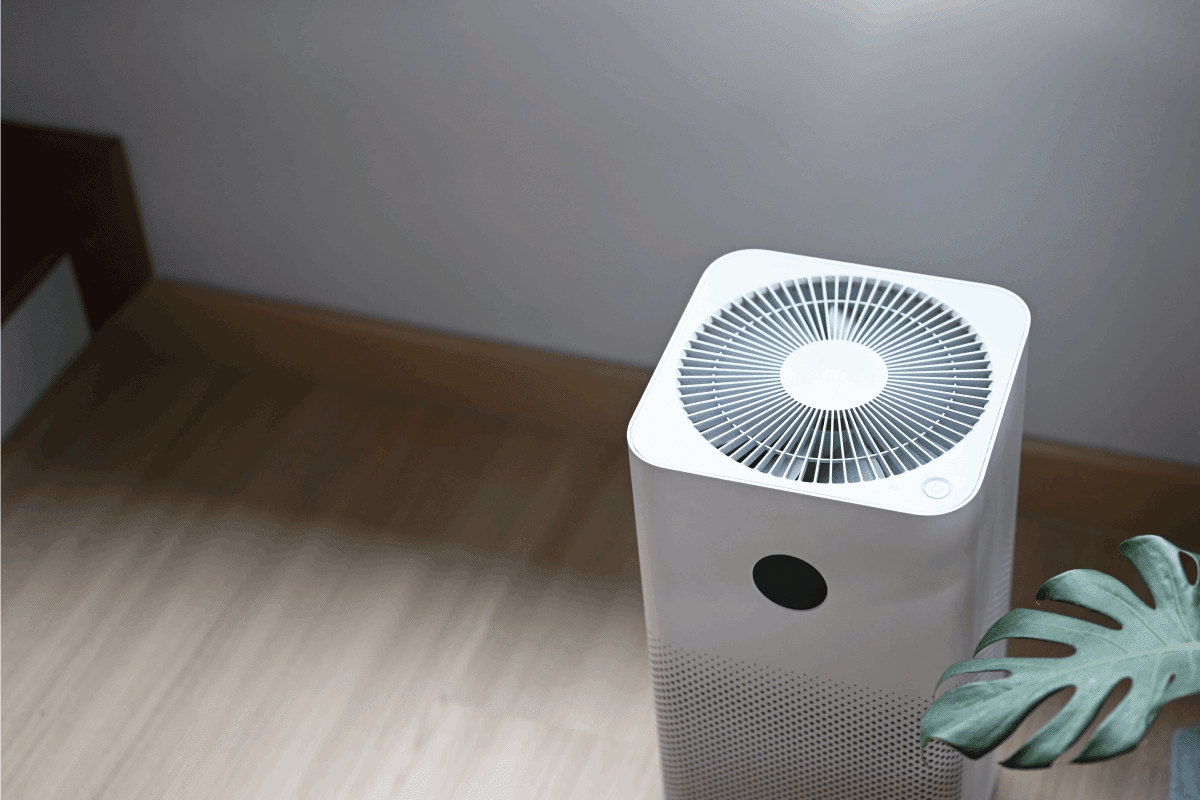
In Closing
Air washers are great appliances for those who suffer from allergies, dry skin, or frequent nose bleeds. They keep your air fresh, clean, and your body hydrated. Though they might cost a little more initially, the advantages of fewer appliances and less noise far outweigh the price tag. If you have an air washer, let us know how it's working out for you in the comments.

